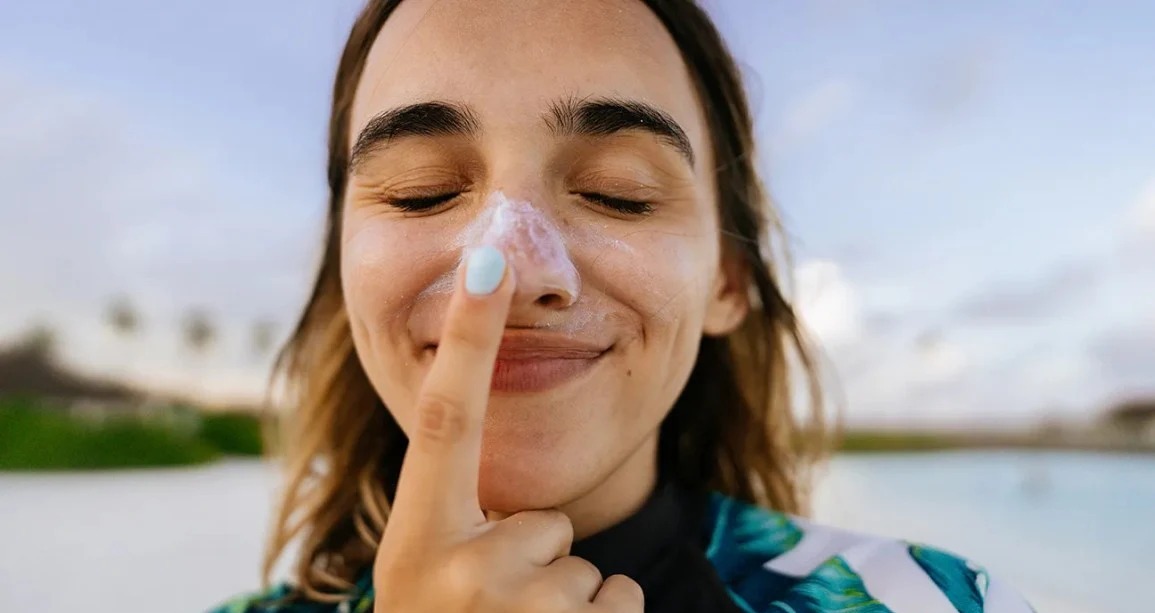To effectively lower cancer risk, health experts recommend several essential lifestyle changes:
- Quit Smoking: Tobacco use is a major contributor to various cancers, including lung and throat cancer. Quitting smoking significantly reduces risk, and individuals can seek support through cessation programs and resources for a higher chance of success.
- Wear Sunscreen: Protecting your skin from harmful UV rays is crucial in preventing skin cancer. Dermatologists advise using a broad-spectrum sunscreen with an SPF of at least 30, applying it generously and reapplying every two hours, especially during outdoor activities.
- Control Stress: Chronic stress has been linked to an increased risk of cancer. Engaging in stress-reduction techniques such as mindfulness, yoga, and regular exercise can promote mental well-being and may help lower cancer risk.
- Eat a Healthy Diet: A balanced diet rich in fruits, vegetables, whole grains, and lean proteins strengthens the immune system. Foods like berries, cruciferous vegetables, and nuts contain cancer-fighting properties and should be incorporated into daily meals.
- Stay Active: Regular physical activity is vital for maintaining a healthy weight and reducing the risk of several cancers. Health authorities recommend at least 150 minutes of moderate-intensity exercise per week for adults, which can include activities like brisk walking, cycling, or swimming.
- Limit Alcohol Consumption: Excessive alcohol intake is associated with an increased risk of various cancers, including breast and liver cancer. Moderation is essential; guidelines suggest no more than one drink per day for women and two for men.
- Regular Screenings: Routine health screenings can detect cancers at earlier, more treatable stages. It’s important to follow your healthcare provider’s recommendations for screenings based on age and personal risk factors.
By making these informed lifestyle choices, individuals can take proactive steps toward enhancing their overall health and potentially reducing their risk of developing cancer.




